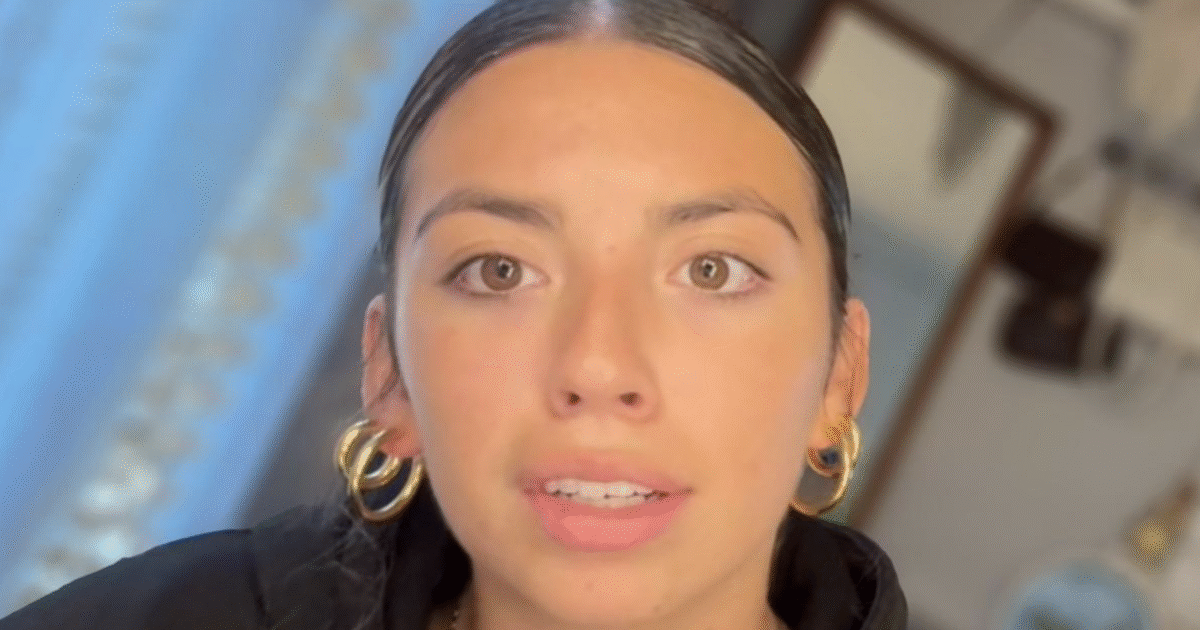This post was originally published on this site

That vacant emotionless gaze some young adults flash during everyday interactions finally has been given a name, “The Gen Z Stare”.
Whether it’s a simple “hi” or taking a food order, this blank look leaves many feeling ignored. For hardworking Americans, it signals a shift away from traditional courtesy that the nation has long valued.
This trend exploded on TikTok recently, with videos mocking the stare going viral. Older generations are baffled by the dead-eyed response to small talk.
The stare often appears in service jobs, where Gen Z workers dismiss their behaviors as dealing with entitled customers. They claim it is a way to process dense requests without snapping back, but well-meaning customers report experiencing their cold stares as well.
Jarrod Benson, a millennial content creator, calls it a “perfect storm” from endless social media and pandemic isolation. He recalls a silent waiter staring blankly as his table ordered. Benson says small talk, though painful, builds community.
In retail or restaurants, the stare replaces warm greetings with awkward silence.
Brenda Alarcon, a 20-year-old student, saw plenty of stares while waitressing in California. She compensated by being extra friendly to cover for her co-workers. Alarcon admits she’s received the glare when ordering food herself, making her uncomfortable enough to leave.
Gen Z isn’t alone; millennials have their “pause” at video starts, a brief silence before speaking. Boomers get teased for the “lead paint stare,” a deadpan look from aging or past exposures. Every generation has quirks, but this one feels tied to screens over real talk.
One CEO warns the stare could backfire, hurting Gen Z’s career prospects in a competitive. Data shows younger workers struggle with feedback, leading to higher turnover. Hard work and adaptability have always been key to success.
Employers are noticing the stare at work, calling it a barrier to teamwork. It shows up when young hires are asked to learn new tasks, sparking tension.
Some Gen Zers blame ADHD or trauma for the blank expression, saying it’s not intentional rudeness. Others reject the label entirely, insisting it’s universal in tough customer service. Yet, many agree it’s amplified by constant online scrolling.
The debate rages on forums like Reddit, where users lament Gen Z’s immaturity.
At its core, the Gen Z Stare symbolizes generational friction in a divided workforce. Half of managers report tension from younger hires.
Young people are split on the trend with some embracing it as rebellion, while others deny it exists. One TikToker called it “making sense” of nonsense.
Benson predicts Gen Alpha will be even worse, molded by more isolation. As cohorts age, we laugh at these habits while cringing. In the end, it’s all in good fun, but we must remember to teach kids real-world grit.
Still, fostering politeness now could prevent future stares. Americans thrive on connection, not blank screens. Let’s encourage the next generation to look up and engage.
The post The Gen Z Stare: Blank Eyes Killing American Grit and Grace appeared first on The Gateway Pundit.

